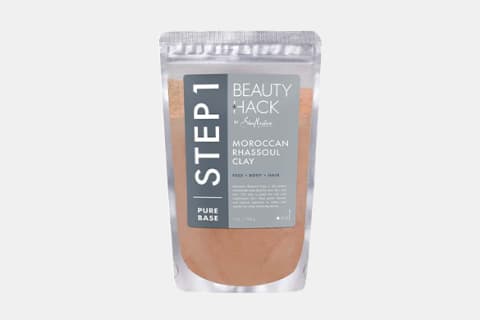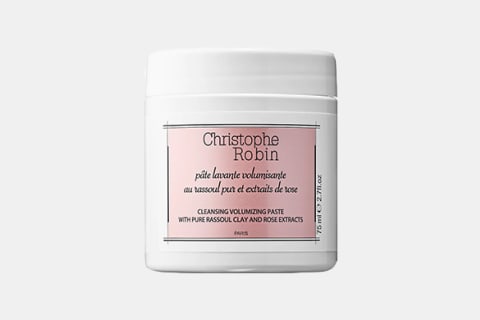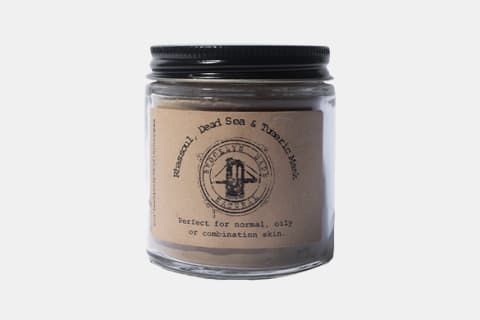Here, we investigate everything you need to know about one of the greats, rhassoul clay—where it comes from, who it’s good for, and how it measures up to other age-old clays. “The name is derived from the Arabic word for washing, rassali,” adds board-certified dermatologist Ava Shamban, M.D., founder of SKINFIVE, as it was primarily used as a cleansing soap in a number of cultures. Not to mention, the clay is chock-full of different minerals; in fact, “Rhassoul has the largest variety of minerals in the clay family,” notes Shamban (think silica, potassium, calcium, iron, and magnesium). So just as slathering on a charcoal mask can lift impurities from the skin, rhassoul clay follows a similar track. However, rhassoul clay has an intricate honeycomb structure, which “allows for greater absorption of oils,” Shamban shares. And as the clay lifts oil and grime, many claim it also infuses the skin with its healthy minerals. In that case, rhassoul clay can condition and strengthen the skin with its potassium (which has antimicrobial properties1), calcium, and magnesium content (both shown to help support skin barrier repair2). The granules are super soft and fine, so you won’t have to worry about any jagged edges cutting into your skin. Add an oil to the concoction (olive, jojoba, almond, grapeseed, and so on) and scrub gently in circular motions for about a minute before rinsing with lukewarm water. And while all three options can effectively draw oil and impurities from the skin and scalp, they do so with varying degrees of absorption. Bentonite clay is the most absorbent of the trio, making it ideal for oily and acne-prone skin; rhassoul clay, with its honeycomb structure, is a happy middle ground—absorbent, but not too stripping (those with drier skin may find that bentonite clay draws too much moisture). Kaolin clay has the least absorption, Shamban notes, as the structure is fenestrated; that’s why kaolin clay “is one of the mildest options” to slather on skin, says board-certified dermatologist Lauren E. Adams, M.D., about clay masks.





